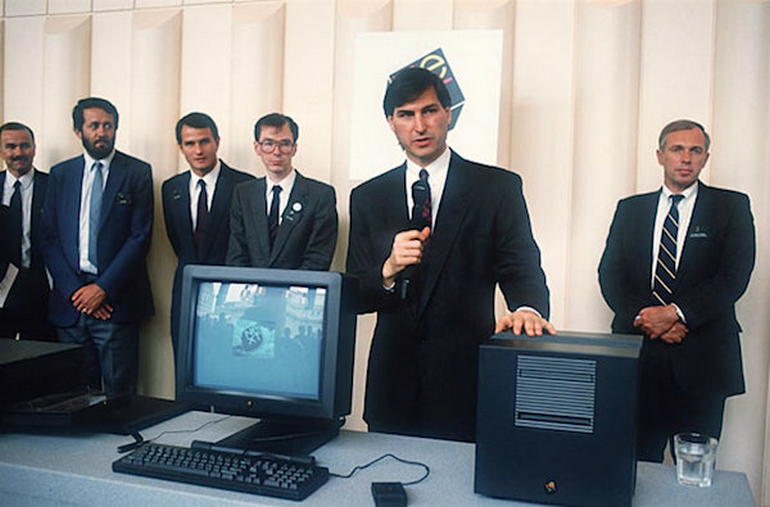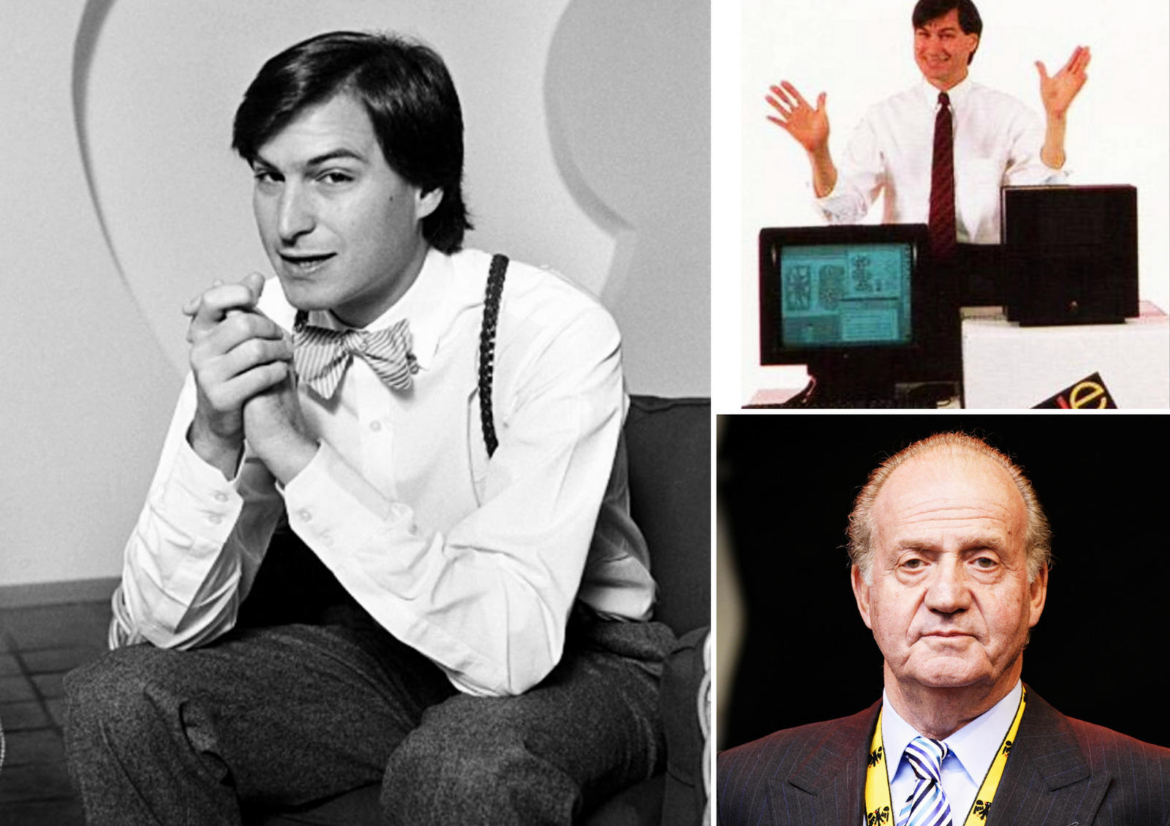In the annals of legendary sales pitches, few stories capture the essence of Steve Jobs‘ extraordinary persuasive powers quite like the evening he sold a $6,500 computer to the King of Spain—using nothing more than a napkin and ten minutes of conversation.

The year was 1988, and Jobs, recently departed from Apple, was showcasing his new NeXT Computer at San Francisco’s Davies Symphony Hall. Among the 3,000 attendees was an unexpected figure: King Juan Carlos I of Spain. What followed would become a masterclass in the art of the impossible sale.

“A lot of times, people don’t know what they want until you show it to them,” Jobs famously said, and on that October evening, he proved this philosophy in spectacular fashion. The King of Spain certainly hadn’t arrived at the gala dinner planning to purchase a computer. Yet within minutes of Jobs’ demonstration, he was reaching for a napkin to write down his order.

The scene itself reads like a perfectly choreographed play. Jobs, ever the perfectionist, had spent the previous night without sleep, ensuring his demonstration would be flawless. When King Juan Carlos showed interest, Ross Perot—the Texas businessman who had invested in NeXT—facilitated an introduction. What happened next demonstrated why Jobs was considered one of the greatest salesmen in history.

In less than ten minutes, Jobs didn’t just sell a computer—he sold a vision of the future. The NeXT Computer, with its revolutionary NeXTSTEP operating system and intuitive interface, represented something far more significant than mere hardware. Jobs understood that he wasn’t merely selling a machine; he was offering a glimpse into computing’s future. The King, representing a Spain eager to embrace technological advancement, was the perfect audience for this vision.

The sale itself was beautifully simple: a napkin, a price, and a handshake. The computer cost $6,500—equivalent to about $16,750 in today’s money—making it one of the most expensive personal computers of its time. That Jobs could secure such a sale in minutes, to a king no less, speaks volumes about his legendary ability to create desire for products people didn’t even know they wanted.

This historic interaction perfectly encapsulates Jobs’ genius for what we now call solution selling. He didn’t focus on the technical specifications or the price point. Instead, he painted a picture of possibility, showing how this technology could transform the way we interact with computers. The fact that the NeXTSTEP operating system would later become the foundation for modern macOS proves that Jobs wasn’t just selling dreams—he was offering a genuine glimpse into computing’s future.

The story of the royal NeXT sale remains a testament to Jobs’ extraordinary ability to connect with any audience, from tech enthusiasts to royalty. It reminds us that great salesmanship isn’t about pushing products—it’s about sharing a vision so compelling that people can’t help but want to be part of it.

In the end, this brief interaction between a tech visionary and a European monarch became more than just a sale. It became a perfect illustration of Jobs’ philosophy about showing people what they want before they know they want it. And perhaps most importantly, it showed that with the right vision and the right presentation, even the most impossible-seeming sales can be closed—sometimes with nothing more than a napkin and ten minutes of conversation.

